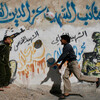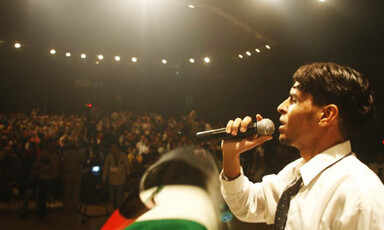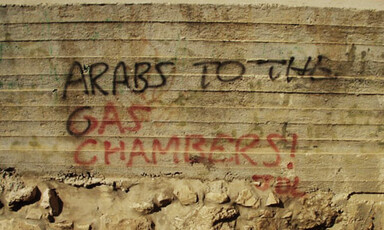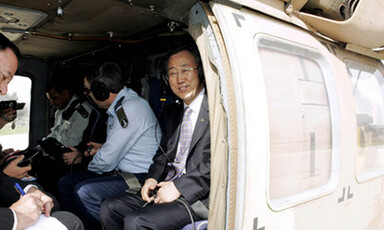
On int'l human rights day, Palestinians traumatized
10 December 2008
Today marks the 60th anniversary of International Human Rights Day. It is the day the United Nations declared the issuance of the International Declarations of Human Rights to put new international foundations for enforcing and respecting the sacred life and dignity of all human beings. It is a noteworthy coincidence that the birth of this declaration shares the anniversary of the Palestinian uprooting in 1948, still experienced by Palestinians up until today. Read more about On int'l human rights day, Palestinians traumatized








